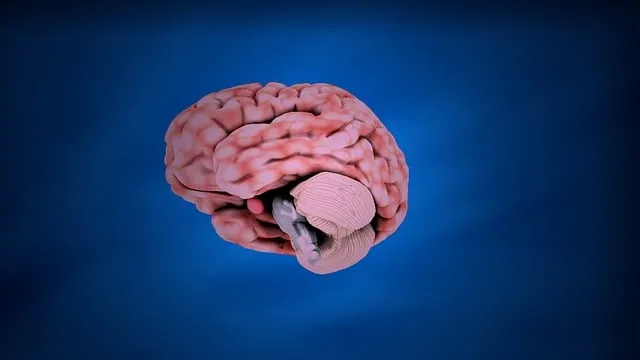Kaiser Permanente's training programs in Broomfield prioritize understanding local community needs, focusing on Mental Health Awareness, Compassion Cultivation, and Coping Skills Development through collaborative workshops, educational initiatives on Emotional Intelligence and Mood Management, and Risk Assessment techniques. Tailored to unique cultural contexts, these programs foster trust, open dialogue, and interactive learning for better mental wellness and self-esteem, with regular evaluation ensuring long-term sustainability.
Community outreach is a powerful tool for organizations like Kaiser Permanente to foster growth and connection. This article explores the strategic implementation of community outreach programs in Broomfield, focusing on Kaiser Permanente’s initiatives. We’ll delve into understanding local needs, engaging key stakeholders, and designing effective training workshops. By highlighting successful strategies and evaluation methods, we aim to showcase how these programs can have a lasting impact, enhancing the overall well-being of the Broomfield community through tailored education.
- Understanding Community Needs: Identifying Key Stakeholders and Setting Goals for Kaiser Permanente Training Programs in Broomfield
- Designing Effective Training Programs: Engaging Communities through Collaborative Workshops and Educational Initiatives
- Implementation Strategies and Evaluation: Ensuring Success and Continuous Improvement for a Lasting Impact in Broomfield
Understanding Community Needs: Identifying Key Stakeholders and Setting Goals for Kaiser Permanente Training Programs in Broomfield

Understanding Community Needs is a foundational step for Kaiser Permanente training programs in Broomfield. By identifying key stakeholders—including local healthcare providers, community leaders, and mental health organizations—the program can tailor its approach to address pressing local issues. These might include promoting Mental Health Awareness, integrating Compassion Cultivation Practices, or fostering Coping Skills Development, all of which can enhance the overall well-being of the Broomfield community.
Setting clear goals is crucial for successful implementation. For Kaiser Permanente training programs, this could mean aiming to increase access to mental health services, improve coping mechanisms among vulnerable populations, or integrate evidence-based practices into local healthcare systems. These goals should be specific, measurable, and aligned with the identified community needs, ensuring that the programs make a meaningful impact on the lives of Broomfield residents.
Designing Effective Training Programs: Engaging Communities through Collaborative Workshops and Educational Initiatives

Effective community outreach requires strategic planning and engaging approaches. Designing Kaiser Permanente training programs in Broomfield should incorporate collaborative workshops that foster partnership with local organizations. By inviting community members to participate, these workshops can create a sense of shared ownership and enhance the impact of initiatives. Educational initiatives centered around topics such as Emotional Intelligence and Mood Management can empower individuals to recognize and address mental health concerns.
Additionally, incorporating Risk Assessment techniques for Mental Health Professionals ensures that participants gain practical skills in identifying potential risks and implementing appropriate interventions. Tailoring training programs to meet the unique needs and cultural context of the community fosters trust and encourages open dialogue. Collaborative efforts create a supportive environment where learning is interactive, encouraging knowledge retention and behavioral change.
Implementation Strategies and Evaluation: Ensuring Success and Continuous Improvement for a Lasting Impact in Broomfield

Implementing community outreach programs requires a strategic approach to achieve lasting impact, especially in fostering mental wellness and self-esteem improvement among residents in Broomfield. Kaiser Permanente training programs have proven effective in this regard, equipping local organizations with the tools for successful execution. These programs focus on engaging the community through interactive workshops, seminars, and awareness campaigns tailored to address specific needs. By utilizing Stress Reduction Methods, participants gain valuable skills to enhance their overall well-being.
Evaluation is a critical component of program success. Regular feedback mechanisms ensure that initiatives remain relevant and effective. Continuous improvement allows for adaptability to changing community dynamics, ensuring the long-term sustainability of these outreach efforts. This iterative process enables organizations to measure progress, identify areas needing attention, and make data-driven adjustments, ultimately maximizing the positive impact on Broomfield’s residents’ mental health and self-esteem.
The implementation of community outreach programs, specifically tailored to meet the needs of Broomfield residents through initiatives like Kaiser Permanente training programs, is a powerful strategy for fostering a healthier and more engaged community. By identifying key stakeholders and setting clear goals, designing collaborative workshops, and employing effective evaluation methods, these programs can have a lasting impact. This structured approach ensures that resources are utilized optimally, addressing the unique requirements of Broomfield while promoting continuous improvement and a vibrant community landscape.






